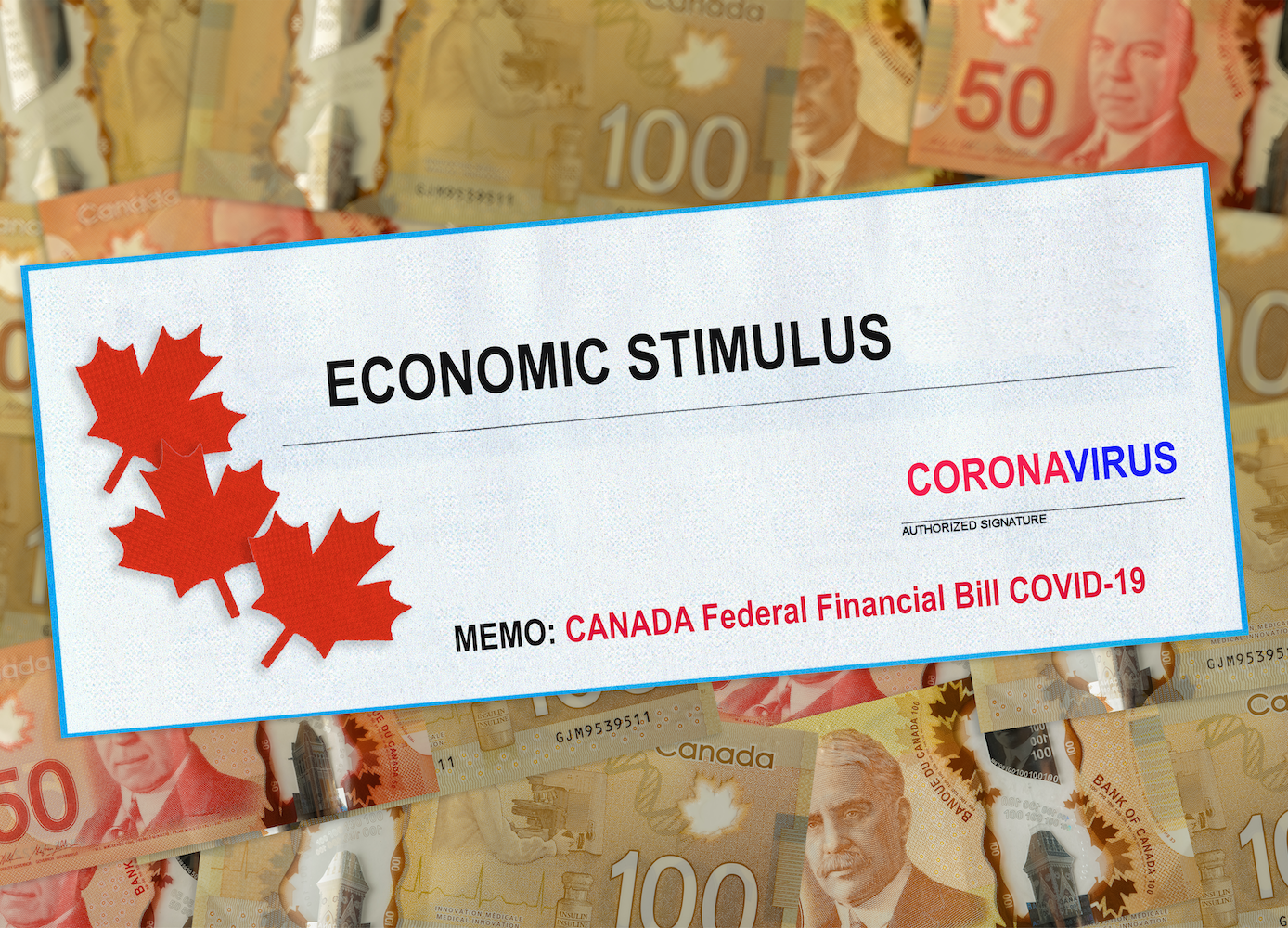Four in 10 Canadians think the government should cut back; slightly more support continued spending
By Erika Morris
Canadians are divided on whether or not the federal government should scale back on COVID-19 spending to mitigate the long-term effects of the federal deficit.
After the Liberal goverment announced in early July that $231.9 billion in COVID-19 spending has left the country looking at a $343 billion deficit, the Association for Canadian Studies commissioned a Leger survey of 1,523 Canadians on whether the government should immediately tighten the cap on pandemic support programs to both individuals and businesses.
The results were mixed: 41% agreed, 44% said no, and 15% were either undecided or chose not to answer. The survey took place from July 10 to July 12.
Just over three-quarters (78%) of those surveyed said they were worried about the future effects of the deficit. A whopping 88% of those surveyed said that, despite the deficit, they are satisfied with the federal government’s response to the COVID-19 pandemic.
The government hasn’t released a plan on how or when the books will balance, but 21% of respondents said they support tax increases, while 60% prefer that the government scale back its spending. If taxes were to be raised, 46% said businesses should pay more taxes—only 7% support an increase in personal income tax.
The government extended its wage subsidy until the end of 2020 and CERB is set to come to an end in the fall—but that could change, depending on the pandemic developments. CERB has paid out $54.8 billion to more than eight million Canadians.
When Prime Minister Justin Trudeau extended CERB in June, he said that there are three million unemployed Canadians and even as the economy reopens there are more workers than there are jobs.
Photo: iStock/photovs.





